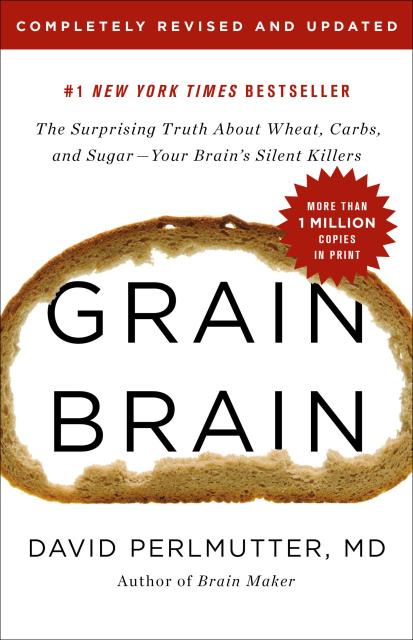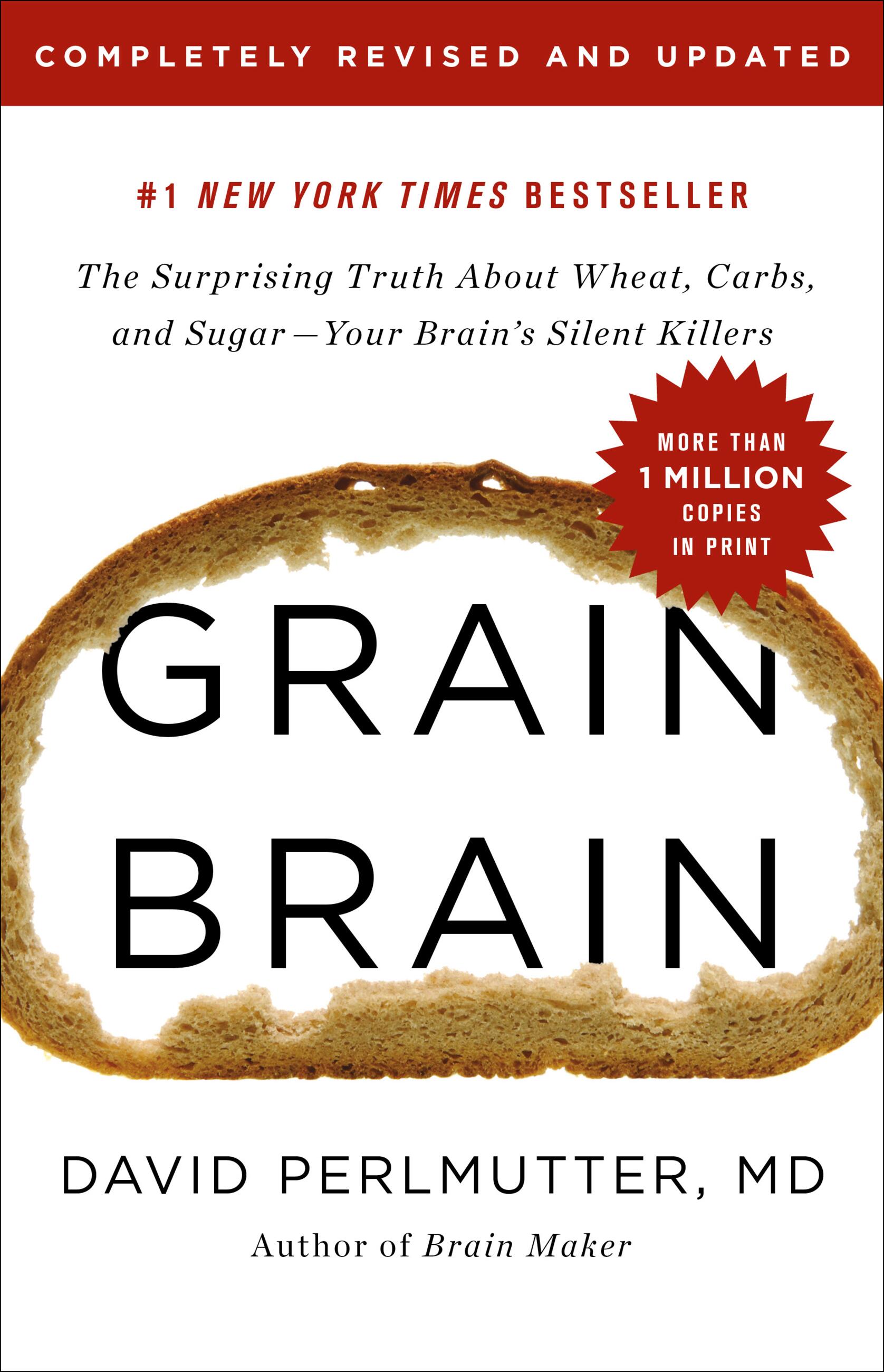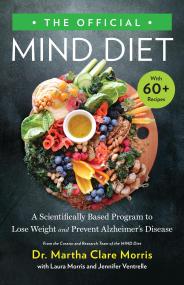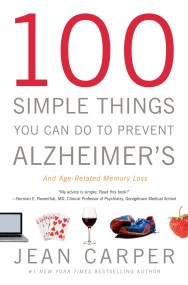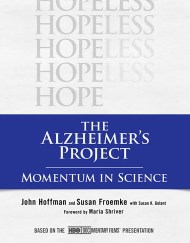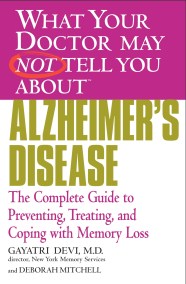Promotion
Use code MOM24 for 20% off site wide + free shipping over $45
Grain Brain
The Surprising Truth about Wheat, Carbs, and Sugar--Your Brain's Silent Killers
Contributors
Formats and Prices
Price
$30.00Price
$38.00 CADFormat
Format:
- Hardcover (Revised) $30.00 $38.00 CAD
- ebook (Revised) $14.99 $19.99 CAD
- Hardcover (Large Print) $42.00 $53.00 CAD
- Audiobook Download (Unabridged)
- Trade Paperback $16.99 $20.49 CAD
This item is a preorder. Your payment method will be charged immediately, and the product is expected to ship on or around December 18, 2018. This date is subject to change due to shipping delays beyond our control.
Also available from:
The devastating truth about the effects of wheat, sugar, and carbs on the brain, with a 4-week plan to achieve optimum health.
In Grain Brain, renowned neurologist David Perlmutter, MD, exposes a finding that’s been buried in the medical literature for far too long: carbs are destroying your brain. Even so-called healthy carbs like whole grains can cause dementia, ADHD, epilepsy, anxiety, chronic headaches, depression, decreased libido, and much more.
Groundbreaking and timely, Grain Brain shows that the fate of your brain is not in your genes. It’s in the food you eat. The cornerstone of all degenerative conditions, including brain disorders, is inflammation, which can be triggered by carbs, especially containing gluten or high in sugar. Dr. Perlmutter explains what happens when the brain encounters common ingredients in your daily bread and fruit bowls, how statin drugs may be erasing your memory, why a diet high in “good fats” is ideal, and how to spur the growth of new brain cells at any age.
Dr. Perlmutter’s revolutionary 4-week plan shows you how to keep your brain healthy, vibrant, and sharp while dramatically reducing your risk for debilitating neurological diseases as well as relieving more common, everyday conditions — without drugs. Easy-to-follow strategies, delicious recipes, and weekly goals help you to put the plan into action. With a blend of anecdotes, cutting-edge research, and accessible, practical advice, Grain Brain teaches you how to take control of your “smart genes,” regain wellness, and enjoy lifelong health and vitality.
In Grain Brain, renowned neurologist David Perlmutter, MD, exposes a finding that’s been buried in the medical literature for far too long: carbs are destroying your brain. Even so-called healthy carbs like whole grains can cause dementia, ADHD, epilepsy, anxiety, chronic headaches, depression, decreased libido, and much more.
Groundbreaking and timely, Grain Brain shows that the fate of your brain is not in your genes. It’s in the food you eat. The cornerstone of all degenerative conditions, including brain disorders, is inflammation, which can be triggered by carbs, especially containing gluten or high in sugar. Dr. Perlmutter explains what happens when the brain encounters common ingredients in your daily bread and fruit bowls, how statin drugs may be erasing your memory, why a diet high in “good fats” is ideal, and how to spur the growth of new brain cells at any age.
Dr. Perlmutter’s revolutionary 4-week plan shows you how to keep your brain healthy, vibrant, and sharp while dramatically reducing your risk for debilitating neurological diseases as well as relieving more common, everyday conditions — without drugs. Easy-to-follow strategies, delicious recipes, and weekly goals help you to put the plan into action. With a blend of anecdotes, cutting-edge research, and accessible, practical advice, Grain Brain teaches you how to take control of your “smart genes,” regain wellness, and enjoy lifelong health and vitality.
Genre:
-
"Grain Brain(Revised Edition) is brilliant, accessible, and life changing. By following the scientific advice, you can have a healthier brain and healthier body starting today."Daniel G. Amen, MD, author of Memory Rescue and Change Your Brain, Change Your Body
-
"There was a time when the notion that diet and gut health could affect brain health was controversial. Today, it is frontline news. The incredible Grain Brain by Dr. David Perlmutter is a significant reason for this change."Robb Wolf, New York Times bestselling author of The Paleo Solution and Wired to Eat
-
"If we want to care for our minds, then we have to be mindful about what we eat. Dr. Perlmutter understands the connection between diet and brain health, and this revised edition of Grain Brain teaches us that simple lifestyle changes can make a world of difference."Maria Shriver, award-winning journalist and bestselling author of I've Been Thinking...
- On Sale
- Dec 18, 2018
- Page Count
- 384 pages
- Publisher
- Little Brown Spark
- ISBN-13
- 9780316485135
Newsletter Signup
By clicking ‘Sign Up,’ I acknowledge that I have read and agree to Hachette Book Group’s Privacy Policy and Terms of Use
